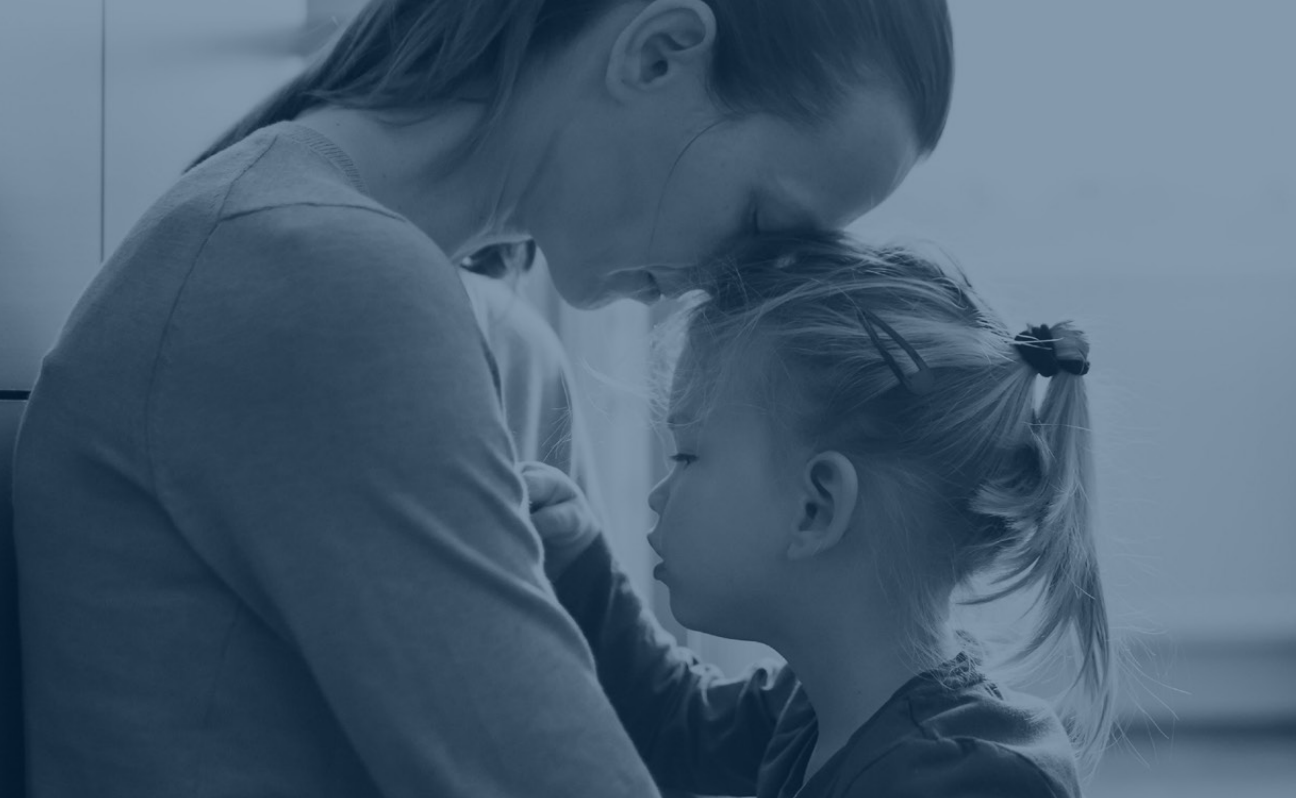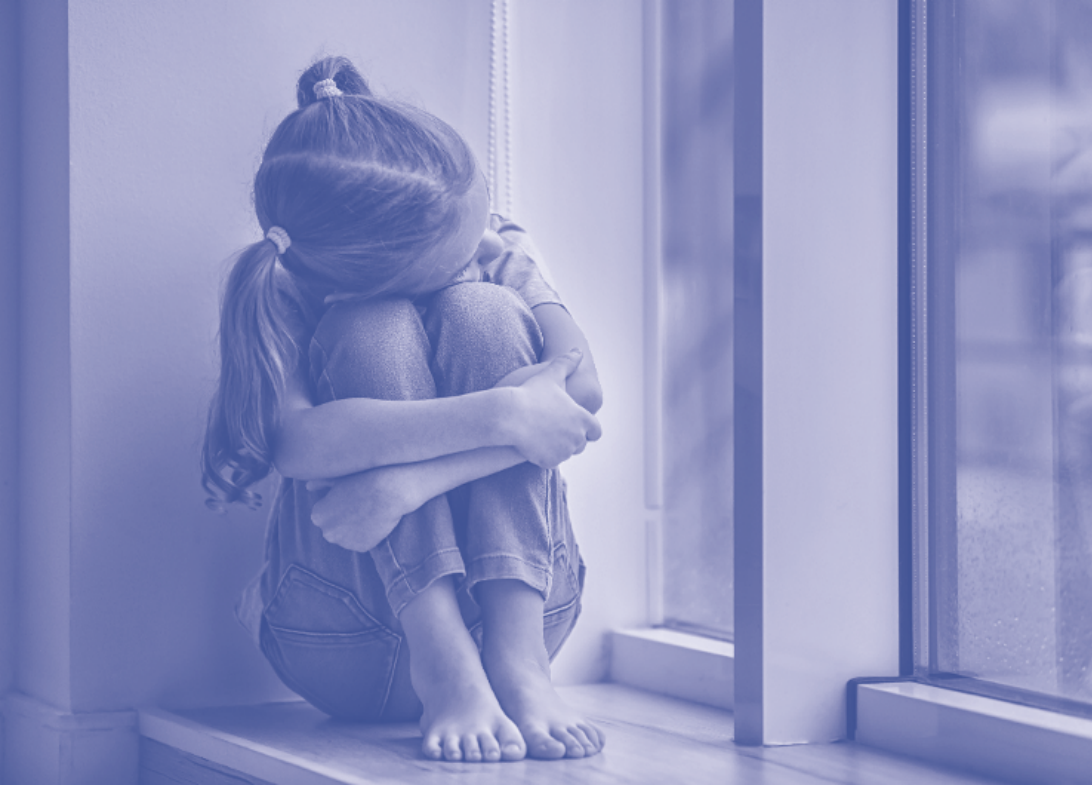Recovery and Resilience Facility must support community inclusion, not segregation
Expert group on deinstitutionalisation provides recommendations on National Recovery and Resilience Plans
An unprecedented amount of €750 billion has been allocated for Next Generation EU that includes the Recovery and Resilience Facility. It is a fundamental instrument for Europe’s recovery from the COVID-19 pandemic and its socio-economic consequences.
However, it is of utmost importance that no one is left behind by the recovery efforts. Therefore Eurochild, together with the European Expert Group from Institutional to Community-based Care (the EEG) has aimed to influence the shape of National Recovery & Resilience Plans. Eurochild has played an active role in steering the advocacy efforts of the expert group as co-chair this year.
An analysis of the National Recovery and Resilience Draft Plans (NRRP) of 10 Member States shows clear references of investments to build, refurbish and increase the capacity of institutions in some of these plans. This is in contradiction to the EU’s commitment to deinstitutionalisation and the protection of human rights. The EEG has issued a statement calling on EU Member States to stop investments in institutions in the NRRPs. Instead efforts should be made to further social reforms by promoting social inclusion and investing in family- and community-based care and support.
Bulgaria, Croatia, Czechia, Latvia, Portugal and Slovenia are planning to invest in buildings and refurbishing of residential care facilities for elderly people and people with disabilities. Hungary’s plan fails to address needs of people and children in institutions. Given the harmful impact of the pandemic (e.g. spread of infection, mental distress, forced medication and restraint measures) on people residing in institutions we regret to see that community-based care is not prioritised. Furthermore, none of the ten draft plans that were analysed include any references to measures to address deinstitutionalisation of children.
EEG’s country-specific recommendations raise concerns about planned investments in institutional care instead of home care and family- and community-based services and care as well as provide recommendations on how to deliver better on the needs of the most vulnerable (children and adults with disabilities and children in the alternative care system).
The group’s demands have already been discussed in meetings with the European Commission’s RECOVER Task Force for Bulgaria, Portugal, and Latvia as well as with the European Commissioner for Equality.
Read the full statement Recovery and Resilience Facility must support community inclusion, not segregation



